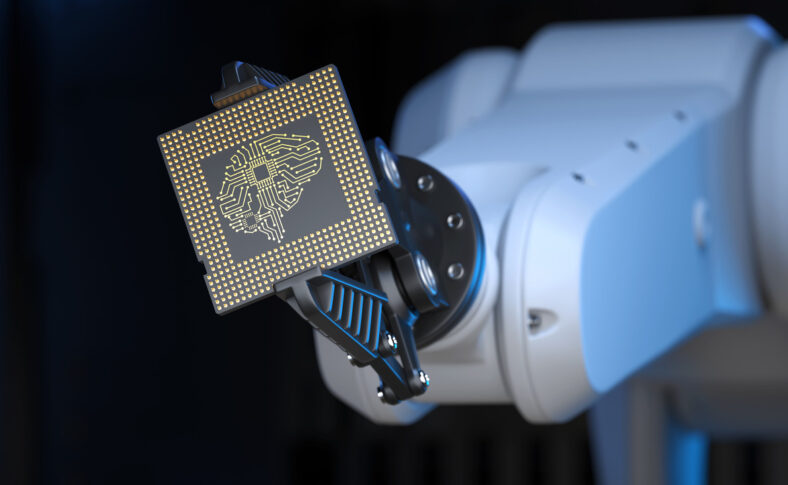Programming is a vital skill in today’s fast-paced digital world. It is a skill that has become indispensable across various industries, from finance to healthcare, education to e-commerce. Programming languages have also evolved over the years, with new languages emerging to meet the demands of emerging technologies. With 2024 just around the corner, it is essential to stay updated with the latest programming languages. In this blog post, we will look at the top programming languages that you need to know in 2023.
Python
Python is a high-level, general-purpose programming language that has gained immense popularity in recent years. It is widely used in data science, machine learning, web development, and automation. Python is being use to upgrade dating and sex apps like Free Meet n Fuck. Python is known for its simplicity and ease of use, making it an excellent choice for beginners. Its extensive library of modules and frameworks makes it a versatile language that can be used in various applications.
JavaScript
JavaScript is a front-end programming language that is used to develop dynamic web applications. It is a popular language that is widely used in web development, game development, and mobile app development. JavaScript is the backbone of modern web development, and it is essential to have a good understanding of this language in 2023.
Java
Java is a popular object-oriented programming language that has been around for over two decades. It is widely used in enterprise applications, Android app development, and web development. Java is known for its robustness and security, making it a popular choice for large-scale applications.
Swift
Swift was introduced as a programming language by Apple back in 2014 to work with the company’s framework Cocoa and Cocoa Touch and is widely used in iOS and macOS app development. Swift is a fast and efficient language that is easy to learn, making it an excellent choice for beginners.
Rust
Rust is a system-level programming language that is designed to be fast and secure. It is a relatively new language that has gained popularity in recent years due to its safety features and performance. Rust is used in developing system software, such as operating systems, web browsers, and game engines.
TypeScript
TypeScript is a superset of JavaScript that adds static typing and other features to the language. It is widely used in web development and is popular for developing large-scale applications. TypeScript is designed to be a scalable language, making it an excellent choice for enterprise-level applications.
Kotlin
Kotlin is a programming language that is designed to work with the Java Virtual Machine (JVM). It is used in developing Android applications and is gaining popularity in the Java community. Kotlin is known for its conciseness and safety features, making it a popular choice for mobile app development.
Go
Go, also known as Golang, is a programming language that was developed by Google. It is designed to be a fast and efficient language that can be used in developing scalable web applications. Go is known for its simplicity and ease of use, making it an excellent choice for beginners.
Conclusion
Programming is a critical skill that is essential in today’s digital world. The programming languages listed above are some of the most popular and widely used languages in 2023. Having a good understanding of …



